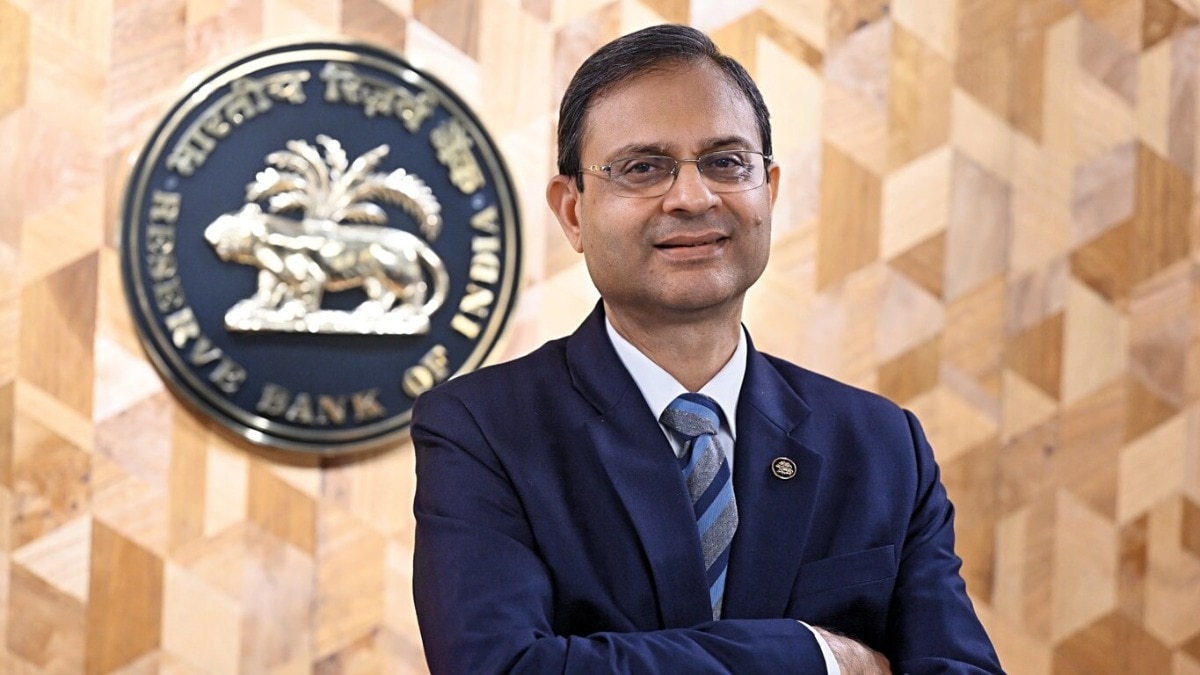The Reserve Bank of India (RBI) will work closely with the government in refining its inflation targeting framework, said Governor Sanjay Malhotra in an opinion piece in the Times of India. The initiative is aimed at achieving ‘Goldilocks conditions’ for inflation and economic growth, he added.
The term ‘Goldilocks conditions’ refers to an economic environment that is neither too hot with high inflation nor too cold with slow growth, but just right to foster stable and sustainable development.
India first implemented the flexible inflation targeting (FIT) framework in 2016. This system tasks the RBI with controlling inflation, keeping it within a target of 4 per cent, with an allowable range of +/- 2 per cent. The inflation target is subject to review every five years, with the next assessment scheduled for 2026. Governor Malhotra emphasised the importance of this collaboration to refine the framework further, ensuring it remains effective and adaptive to changing economic conditions.
What is the ‘Goldilocks condition’?
The ‘Goldilocks condition’ refers to a situation where things are just right—not too much, not too little, but perfectly balanced. The term is derived from the “Goldilocks and the Three Bears” fairy tale, in which Goldilocks finds the porridge that is “just right” after testing three different bowls of porridge that are either too hot or too cold.
In terms of economics and growth, it can describe an ideal economic situation, where inflation is low, employment is high, and growth is steady—creating a balanced, sustainable economy.
Governor Malhotra said that the RBI will manage excessive market volatility without focusing on a specific exchange rate level or band. This approach reflects an effort to maintain economic stability while allowing flexibility in response to external pressures. The focus remains on supporting economic growth through prudent monetary policy measures.
A key aspect of this collaboration involves enhancing transparency and accountability within the RBI. Governor Malhotra reiterated the central bank’s commitment to “improve transparency, enhance consultation, coordination and collaboration”. He further noted the importance of raising accountability in the pursuit of economic objectives, underscoring the RBI’s dedication to these principles as it marks its 90th anniversary.
Governor Malhotra also highlighted the RBI’s ongoing initiatives to internationalise the rupee and globalise India’s payment systems.
The RBI’s commitment to being “proactive, agile, and flexible in our attempt to support economic growth” reflects a strategic emphasis on adaptability. This approach is vital in an increasingly interconnected global economy, where swift and effective responses to economic shifts are essential for maintaining stability and growth.








